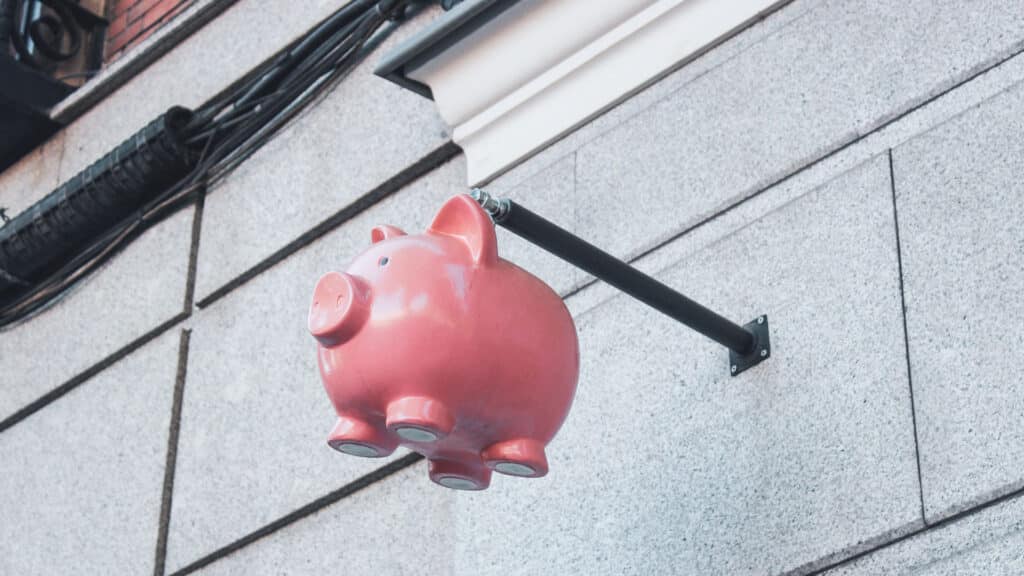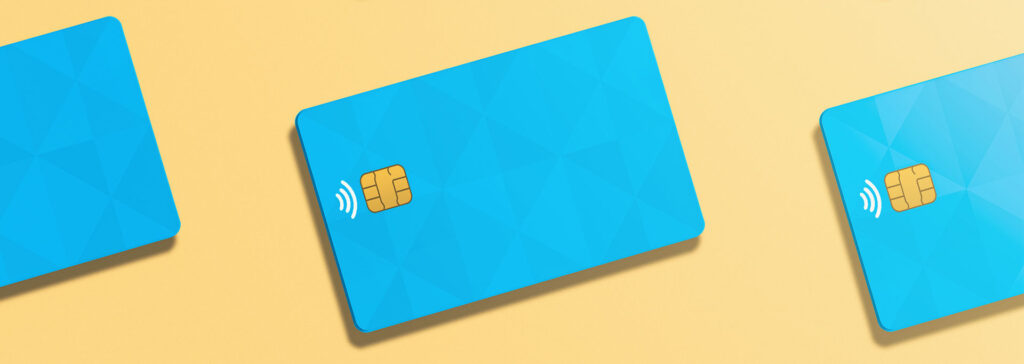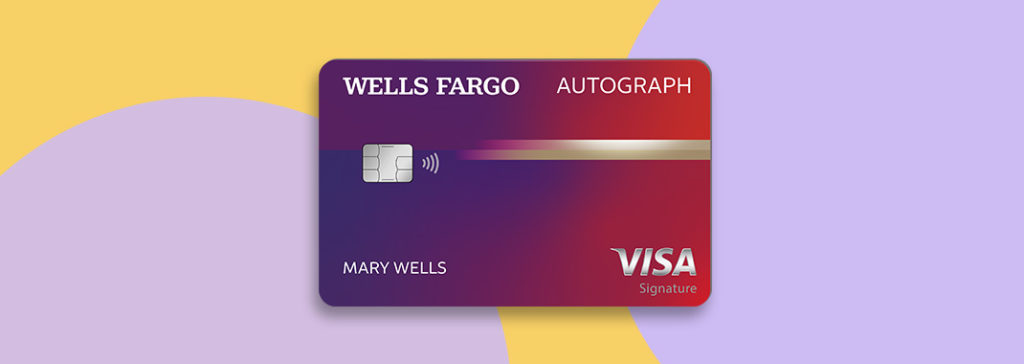Most products on this page are from partners who may compensate us. This may influence which products we write about and where and how they appear on the page. However, opinions expressed here are the author's alone, not those of any bank, credit card issuer, airline or hotel chain. This page may include information about American Express products currently unavailable on Slickdeals. American Express is not a partner of Slickdeals.
You are not alone if you're confused about what the U.S. Federal Reserve (Fed) is doing and how it affects your budget. While many could think that higher interest in any capacity is always a negative, the move to a higher rate is an attempt to help people save on what they shop for and use the most in their lives. Learn how the latest large Fed rate hike of almost a full percentage point (0.75) will affect your budget and what to plan for.
What Is Inflation and How Do Interest Rates Affect It?
The most common explanation to help most people understand the reason behind the back-to-back rate hikes (there was another large rate hike as recently as June) is that if inflation were a disease, then interest rates would be the medicine. The more inflation rises, the worse its symptoms get. So the Fed prescribes higher interest rates to slow the spread of the disease.

How Climbing Interest Rates Affects Your Credit Card
What Is inflation?
Inflation is an increase in prices and a corresponding decrease in the value of money. We see inflation every day when looking at the price of groceries, gas, and other purchases. When inflation is high, it costs more money to buy an item than when inflation is low. Inflation can hit different parts of the economy at different times and intensities. So, for example, gas prices may be going down, but the rising cost of other goods and services means inflation as a whole is still going up.
What Are Interest Rates?
When talking about the Fed, the term interest rate (federal funds rate) refers to the interest banks pay to borrow money (specifically for reserve balances) from each other. The higher the interest rate, the more money banks need to have stored in cash and the more expensive it is to borrow money.
In even more simple terms: the Federal Funds Rate is the percentage a bank needs to hold in cash to move money. For a simple example: If I have $100, and the defined Fed rate is 5%, I need $5 held in a federal reserve bank account to trade, loan or use the other $95.
How Do Interest Rates Affect Inflation?
Hiking up interest rates makes borrowing money more expensive. When borrowing money is expensive, people spend less because borrowed money (similar to credit cards and loans) is a heavier financial burden to take on.
What the Higher Rate Means for You at the Grocery Store and Your Budget

The federal funds rate going up is a double-edged sword. On one side, the goal is to slow inflation and keep the cost of goods from going up even more. That is good for your budget. It means grocery staples like eggs, bread, and butter shouldn't soar to unmanageable prices.
Conversely, all other interest rates go up when the Fed increases its rate. That means you’ll likely see an increase in credit card APRs, mortgage rates, and other loans.
In a much bigger way, the Fed increasing its rate means businesses will have a harder time taking out loans. That could cause some uncertainty in the job market, especially because the Fed has hinted that it will raise its rate again before the end of 2022.
 Related Article
Related Article
8 Things that Are the Most Affected by Inflation
3 Smart Money Moves for Your Budget
The good news is that you can take control of your personal finances and set yourself up for success no matter what the Fed does. Here are three smart money moves for your budget:
- Buff up your emergency fund. When the Fed rate goes up, cash becomes more valuable. It’s smart to keep 6-12 months worth of savings in a high-yield savings account. This cash will come in handy in case of job loss and will give you the peace of mind to navigate volatile markets.
- Invest in your 401k and stock market accounts while prices are low. Many money educators say, “The stock market is on sale!” And they are right. The S&P 500, which tracks 500 leading U.S. companies stocks, has dropped 20% this year.
You can use your 401k to invest in index funds that track the whole market. Buying when prices are low means your portfolio has more room to grow. As a rule of thumb: If you don’t need the money in the next five years, it’s wise to invest it. The caveat to this is you should prioritize your emergency fund before putting money into the stock market. - Keep debt to a minimum. As the Fed raises its rate, so will credit card and loan companies. If you carry a balance on your credit card, aim to pay it off as soon as possible. Avoid taking out loans or a mortgage for the foreseeable future.
If you already have a mortgage, fear not! If you have a 30-year fixed mortgage, your rate is fixed, meaning it will not change despite the Fed raising its rates. If you have a variable-rate mortgage or adjustable-rate mortgage (ARM), on the other hand, you may want to consider a refinance to stabilize your mortgage rate for the remainder of your loan term.
In Uncertain Times, Cash Is King

If you’re reading the news and are worried about what to do, your number one priority should be to make sure you have enough savings to weather financial storms. To do this, look at your financial statements and calculate how much your household spends in the average month.
Then, multiply your average monthly spending by 3-6 months. Include your mortgage/rent payment, student loan, and any other monthly debt payments. That will give you a range of how much you need to save to stay financially secure for three to six months in case of job loss.
Your savings account is your seatbelt; you must put it on before driving into the storm.
Look at opportunities to invest extra cash only after putting three to six months of expenses into savings. Investing could include 401ks, Roth IRAs, and taxable brokerage accounts. These are great vehicles for wealth-building, but your savings should always come first. The first step is to always seek the advice of a financial advisor for your specific goals and comfort level for risk when it comes to your investments.








